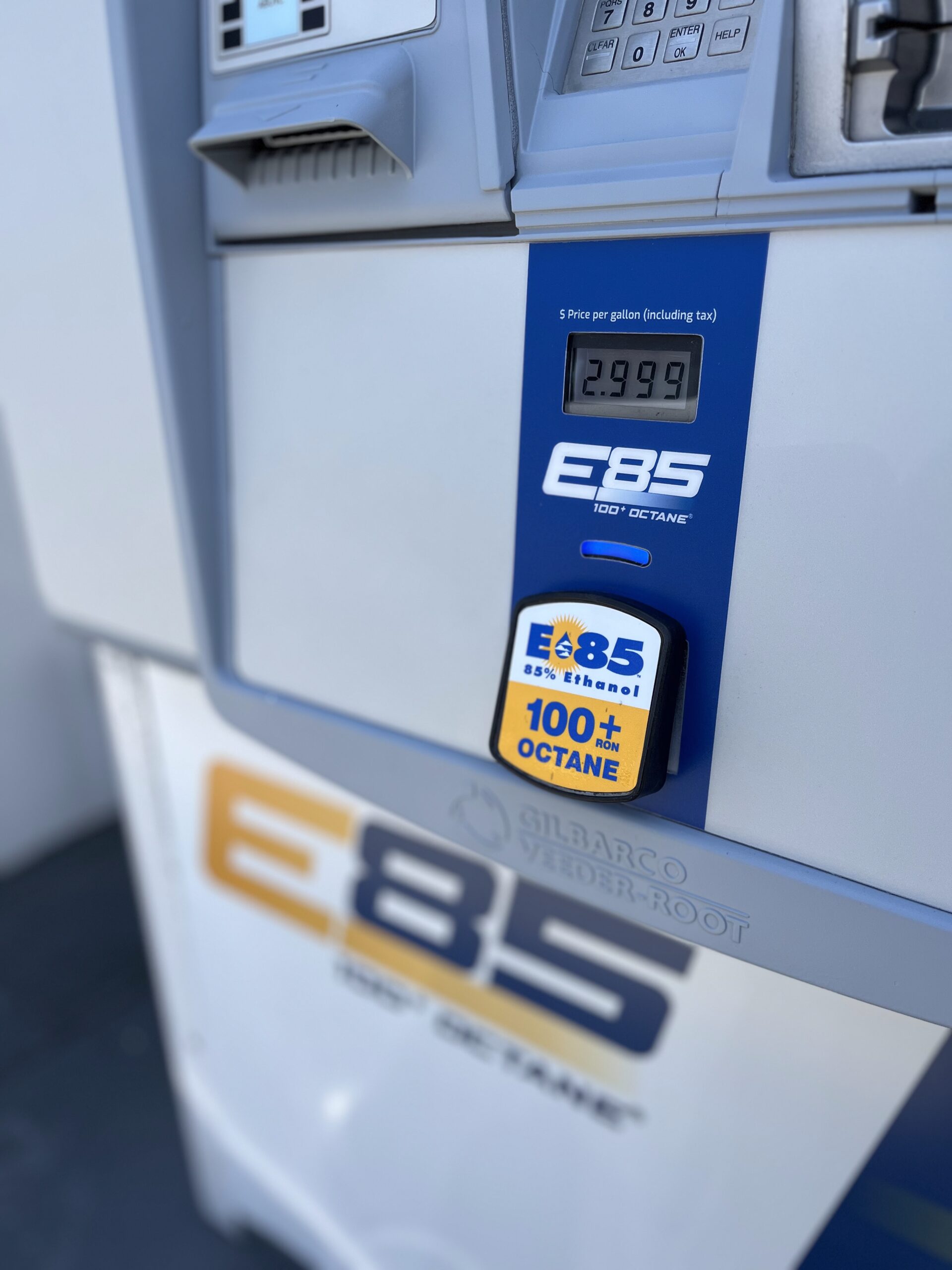Pearson Fuels Responds to California Energy Commission’s Latest Workshop
October 29th, 2025
On September 24, 2025, the California Energy Commission (CEC) hosted a public workshop focused on maintaining reliable fuel supplies as the state transitions away from petroleum in the coming years. The discussion centered on ways to prevent fuel shortages and price spikes – including potential minimum inventory requirements for refineries and improved planning for supply disruptions. Softening the impact of these changes on California drivers is a major goal for Pearson Fuels.
This workshop is part of the CEC’s Petroleum Supply Stabilization proceeding, launched under recent state legislation to increase transparency and stability in California’s fuel market. The effort aims to protect consumers, support energy reliability, and build a public record to guide future policy decisions.
Members of the public were invited to participate via Zoom and submit comments through October 8, 2025. The CEC will use input from fuel industry stakeholders, consumers, and community representatives to shape its next steps in strengthening California’s fuel supply system.
Pearson Fuels advocates for E85
Jeff Wilkerson, who works in government policy and regulatory affairs, submitted formal comments to the CEC on behalf of Pearson Fuels. The comments were in support of practical solutions that protect drivers from future gasoline price spikes. Pearson Fuels highlighted E85’s role as an immediate, low-carbon alternative that can help stabilize the state’s fuel supply.
E85, which contains up to 85 percent ethanol, typically sells for $1.50–$2.00 less per gallon than gasoline and is already available at over 600 California stations. Because E85 relies far less on petroleum – and Pearson Fuels’s all-renewable blend replaces the gasoline component with renewable naphtha – it remains more resilient to refinery outages and market volatility.
Pearson Fuels urged the CEC to educate flex fuel vehicle owners about using E85 during price spikes and to support approval of E85 conversion kits that can expand access to this affordable, cleaner fuel. As refinery capacity declines, we emphasized that E85 offers California a ready-to-scale solution that benefits consumers, strengthens supply reliability, and reduces emissions.
E85 is already here, already cleaner, and already cheaper — so there’s no reason it shouldn’t be utilized to its full potential to shield Californians from the next refinery-driven price spike.






